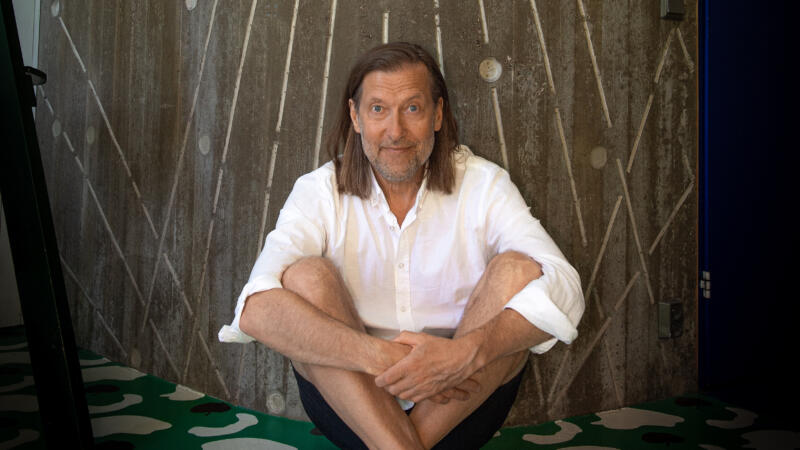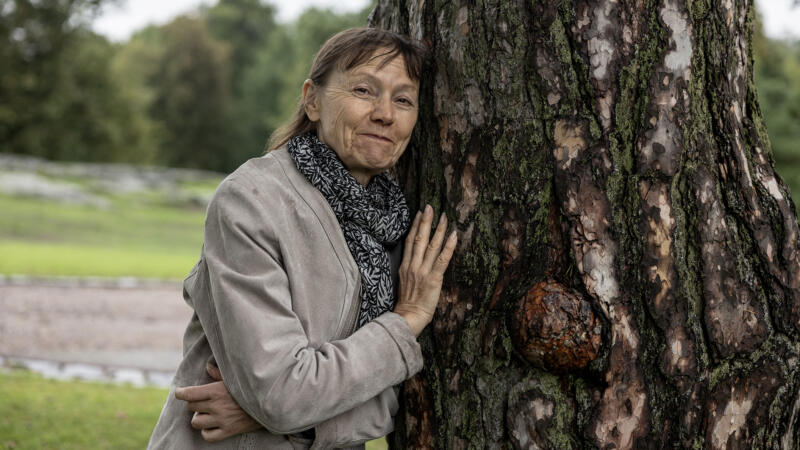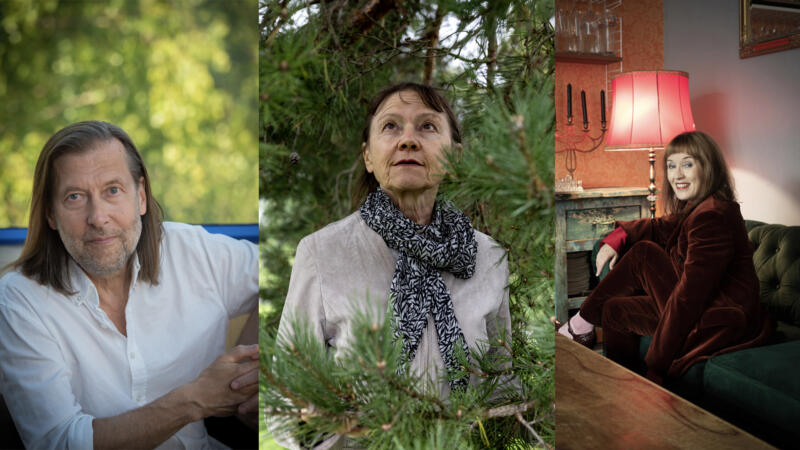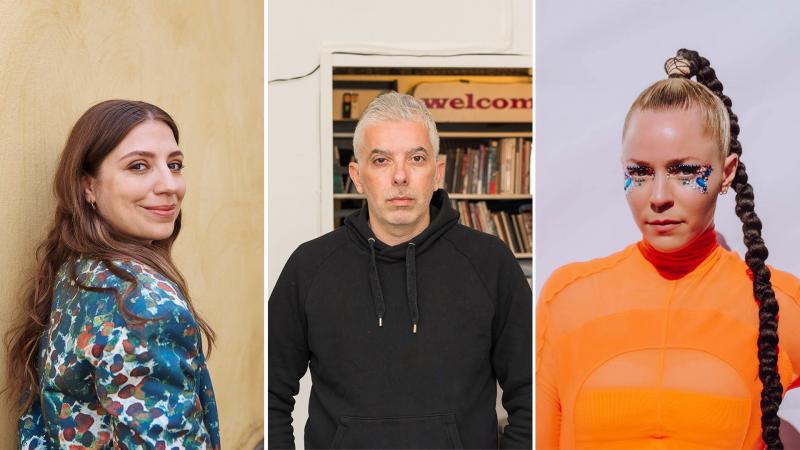Anna Kuoppamäki and the trinity of music: “I teach, carry out research and make music”
Singer-songwriter and music educator Anna Kuoppamäki has graduated from the Sibelius Academy with a Master of Music degree in 1995 and a Doctor of Music degree in 2015. She is one of Uniarts Helsinki’s Alumni of the Year 2023.
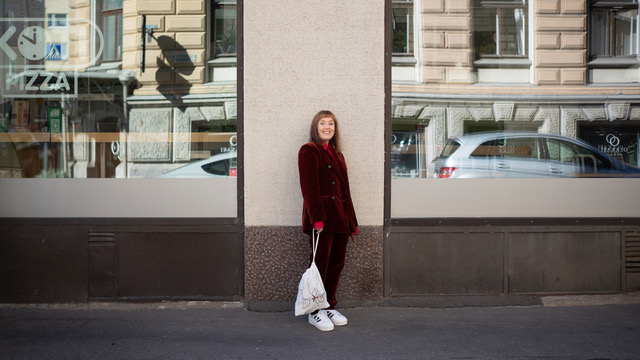
We are at a café in the Kruununhaka neighbourhood in Helsinki, close to artist-researcher Anna Kuoppamäki’s home. Teacher Kuoppamäki needs to be at the West Helsinki Music Institute fulfilling her teaching duties in a couple of hours. In her home office, researcher Kuoppamäki has been working on three articles, which will be published this autumn in publications in the field of music education. But the thing that gives Kuoppamäki an extra spark at the moment is not her identity as a teacher or a researcher but as a musician – as a singer, the frontwoman of the band Wilma. The doctor is ready to go do gigs again.
“Yeah, that’s right, last year marked the 30th anniversary of our first album, which gave the impetus to go do gigs together again. This past spring, we had a band weekend on the countryside and we played together for the first time in a few decades. In January, we’ll have our first gigs. That’s wonderful and exciting!”
Kuoppamäki became known in the 1990s as the frontwoman of Wilma, a band playing pop with electric guitars and synthesizers. But for the last 20 years, she has been a researcher and a teacher first and foremost.
“I think that this has evolved into a kind of trinity of music, consisting of teaching, carrying out research and making music.”
Learning about music by making music
During her career as a teacher and researcher, Kuoppamäki’s interest has revolved around young people’s music learning paths and providing support for the cultural agency of children and young people in music education.
“I’ve taught at a music institute, at an upper secondary school and at the Sibelius Academy and provided in-service teacher training, and in all of these contexts, composing has always been a part of the music learning process. In music education, children and young people should be seen also as cultural operators and creators, not only as learners. Making your own music may open up entirely new perspectives into music and build a stronger sense of ownership of learning.”
Kuoppamäki regularly interacts with young people in workshops called G Songlab that are organised around Finland.
“These songwriting workshops also give young people the opportunity to process phenomena that worry them and to get feedback and support from their peers.”
Experiences from the workshops will be utilised later on as Kuoppamäki returns to her desk in her home office. One of her articles will be featured in the publication Musiikkikasvatus muutoksessa (“Music education under transformation”). The title of the article is Nuorten biisipajat tukemassa musiikillista tekijyyttä ja aktiivista kansalaisuutta, delving into how songwriting workshops support musical agency and active citizenship.
“My relationship with research is very pragmatic. I’ve always wanted to use it to learn something about my work as a teacher.”
So, when it comes to the elements that comprise the trinity of Kuoppamäki’s work, teaching and research, at least, go hand in hand. And performing is not so far off, either. The Finnish music magazine Rumba recently published an article, speculating Wilma’s possible return, with the headline: A Finnish cult band from the 1990s making a stage comeback?
Beloved Sibelius Academy
When Kuoppamäki found out that she had been selected as the Alum of the Year at Uniarts Helsinki’s Sibelius Academy, she was surprised but happy. She hopes to use this recognition to promote the MuTri Doctoral School and research in music education. Kuoppamäki completed her Doctor of Music degree in 2015.
“I have received so much from the Sibelius Academy. For 10 years, I worked as a singing teacher at the Sibelius Academy, and I’ve had the chance to do all kinds of work as an educator and researcher, for example in connection with the ArtsEqual research project, and G Songlab is actually a follow-up project to ArtsEqual. I find that the doctoral studies in the Department of Music Education were characterised by a strong sense of community and lack of hierarchies, in particular. During my years of studies, the doctoral school was developed by Professor Heidi Westerlund, who welcomed us students to the international researcher community right in the beginning of studies. We were supervised by various distinguished researchers in the field, and we wrote research articles together. I think this has had a major impact on how high-quality the research conducted in the field of music education in today’s Finland is.”
* * *
The title of Alum of the Year is awarded each year to select alumni from Uniarts Helsinki’s three academies who have highlighted the unique value and role of art and artist education in an exemplary manner through their work. The Alumni of 2023 are artist-researchers with societal impact.
